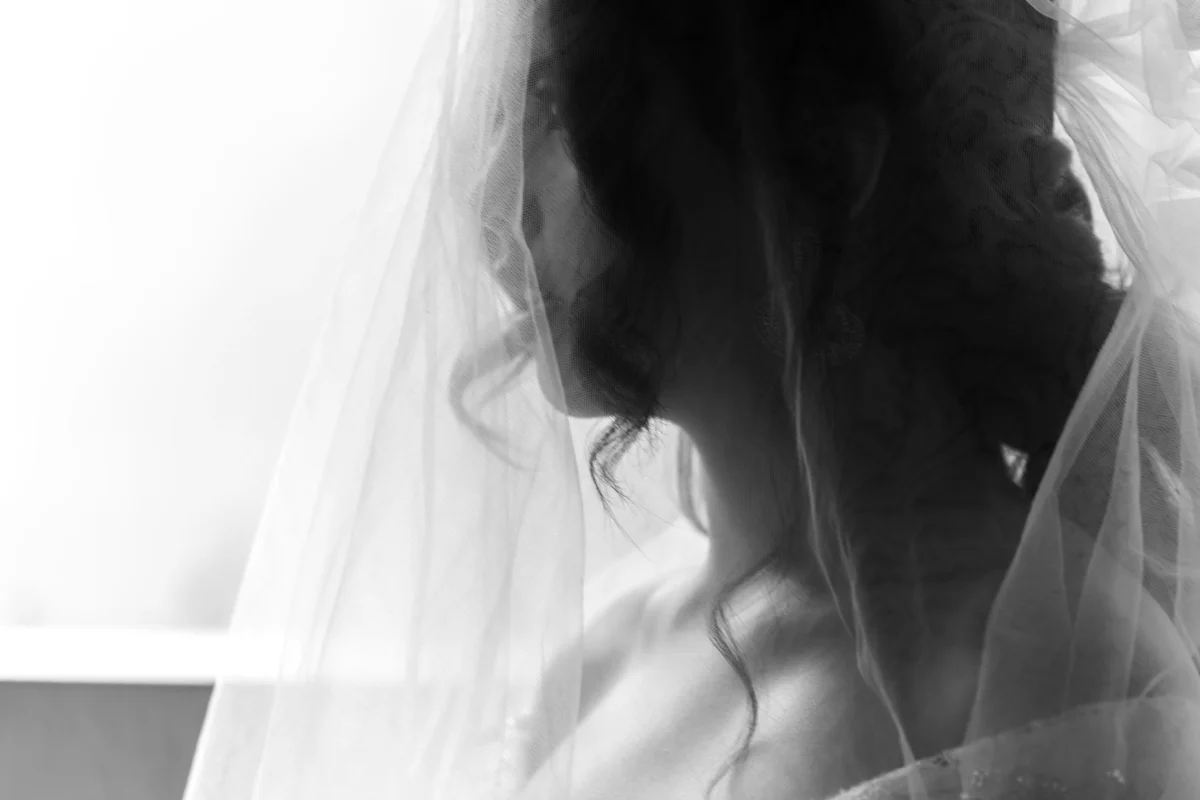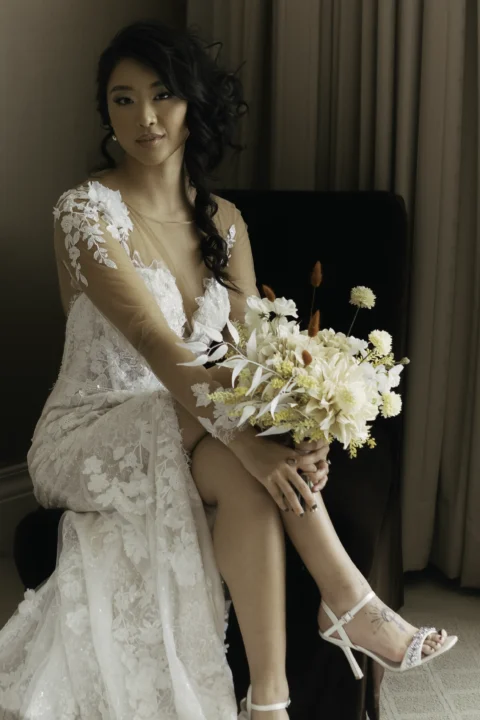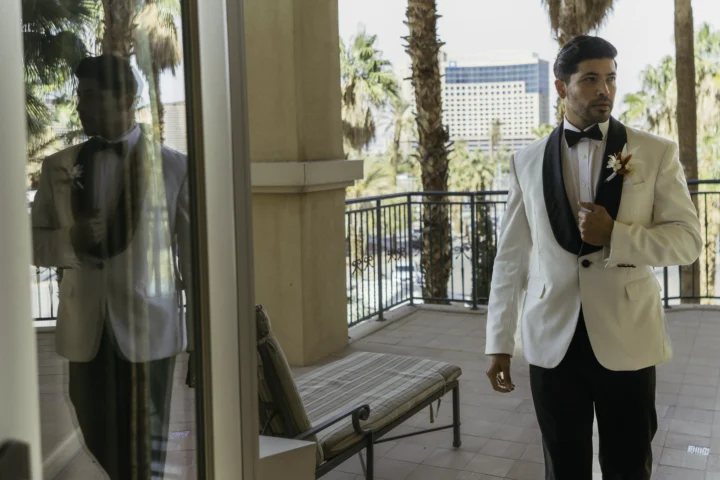
Understanding Photography Copyright Law: What You Need to Know as a Consumer
When you hire a photographer for a wedding, family portraits, or professional headshots, you might assume that you automatically own the photos. However, photography copyright law is more complex than that. Understanding who owns the rights to an image and how you can legally use photos ensures you stay on the right side of the law while respecting a photographer’s work.
Photography as an Art Form
Photography is more than just capturing moments—it is a creative process that involves skill, vision, and artistic expression. Every photograph a professional takes is a copyrighted work of art, just like a painting or a sculpture. Even if you are the subject of the image, the composition, lighting, and perspective are the photographer’s artistic choices, making the final product their intellectual property. Recognizing photography as an art form helps foster appreciation for the time, effort, and creativity that go into each image.
Who Owns the Copyright to a Photo?
The moment a photographer captures an image, they automatically own its copyright. This means that even though you may have paid for a photography session, the photographer still retains ownership of the images unless they explicitly transfer the copyright to you in writing. Copyright protection lasts for the lifetime of the photographer plus 70 years.
Exceptions to Photographer Copyright
Work for Hire: If a photographer is employed by a company and takes photos as part of their job (such as a staff photographer for a newspaper), the employer, not the photographer, owns the copyright.
Written Agreement: If a photographer explicitly signs over the copyright in a written contract, ownership can transfer to a client.

How Can You Use Photos from a Professional Photographer?
Even if you hire a photographer, you don’t automatically have unlimited rights to use the photos however you wish. Typically, you receive a license that specifies how you can use the images.
Common Types of Licenses:
Personal Use License: Allows you to share images for personal use, but prohibits printing and commercial use (e.g., advertising, selling, or using the image to promote a business).
Print Release: Grants permission to print the images for personal use (e.g., to hang in your home, to use in thank-you cards, and to send to friends and family). However, this does not allow commercial use, such as selling the image or using it in business materials.
Commercial Use License: Allows businesses to use the image for marketing, social media, or other promotional materials.
Exclusive Rights: Grants the buyer sole rights to the image, meaning the photographer cannot license it to anyone else.
If you’re unsure about what your license allows, always ask the photographer for clarification before using the images.
What Happens If You Use a Copyrighted Photo Without Permission?
Using a copyrighted photo without permission, even if it was taken of you, can result in legal consequences, including:
Cease and Desist Notices: The photographer may demand that you stop using the photo immediately.
Fines and Legal Fees: If the case escalates, you could be required to pay damages, which can range from a few hundred dollars to tens of thousands per image.
DMCA Takedowns: Websites hosting your unauthorized use of an image can be legally required to remove it under the Digital Millennium Copyright Act (DMCA).

How to Protect Your Photos Online
If you’re a consumer sharing your professional photos online, you should take steps to prevent others from stealing your images:
Ask your photographer to watermark the images before sharing them publicly.
Disable right-click downloading on personal websites or blogs.
Use lower-resolution images for online sharing to discourage unauthorized printing or commercial use.
Monitor usage by running image searches (such as Google Reverse Image Search) to see if your photos are being used elsewhere.
Supporting Your Photographer
One of the best ways to support your photographer as an artist is by purchasing print rights or ordering high-quality prints directly from them. Photographers often offer professional-grade prints that showcase their work at its best, ensuring vibrant colors, sharp details, and lasting quality. Investing in prints or additional licensing not only compensates the photographer fairly for their art but also helps sustain their business so they can continue creating beautiful images for others.
Final Thoughts
Photography copyright law exists to protect both photographers and consumers. If you’re hiring a photographer, make sure you understand what rights you have to your photos. If you want full ownership of an image, discuss licensing options upfront and ensure the agreement is in writing. By respecting copyright laws, you can enjoy your images while protecting the artist’s rights.
